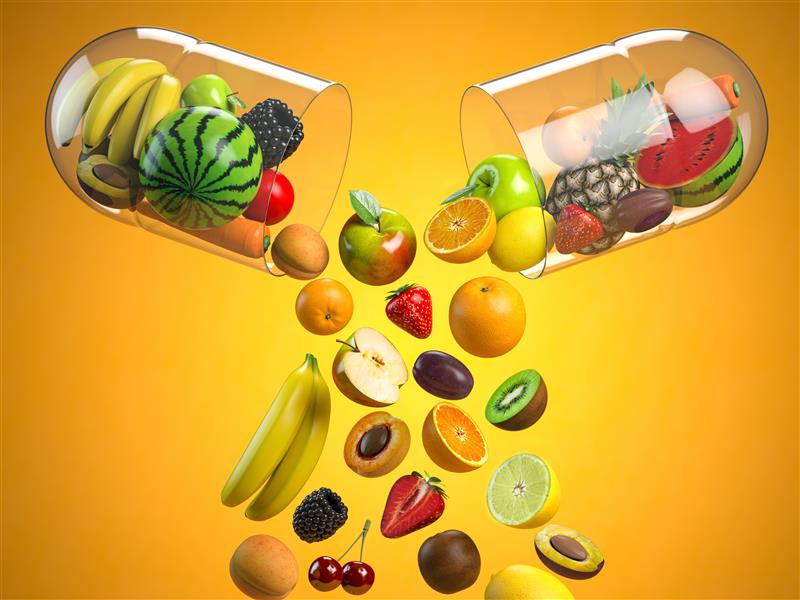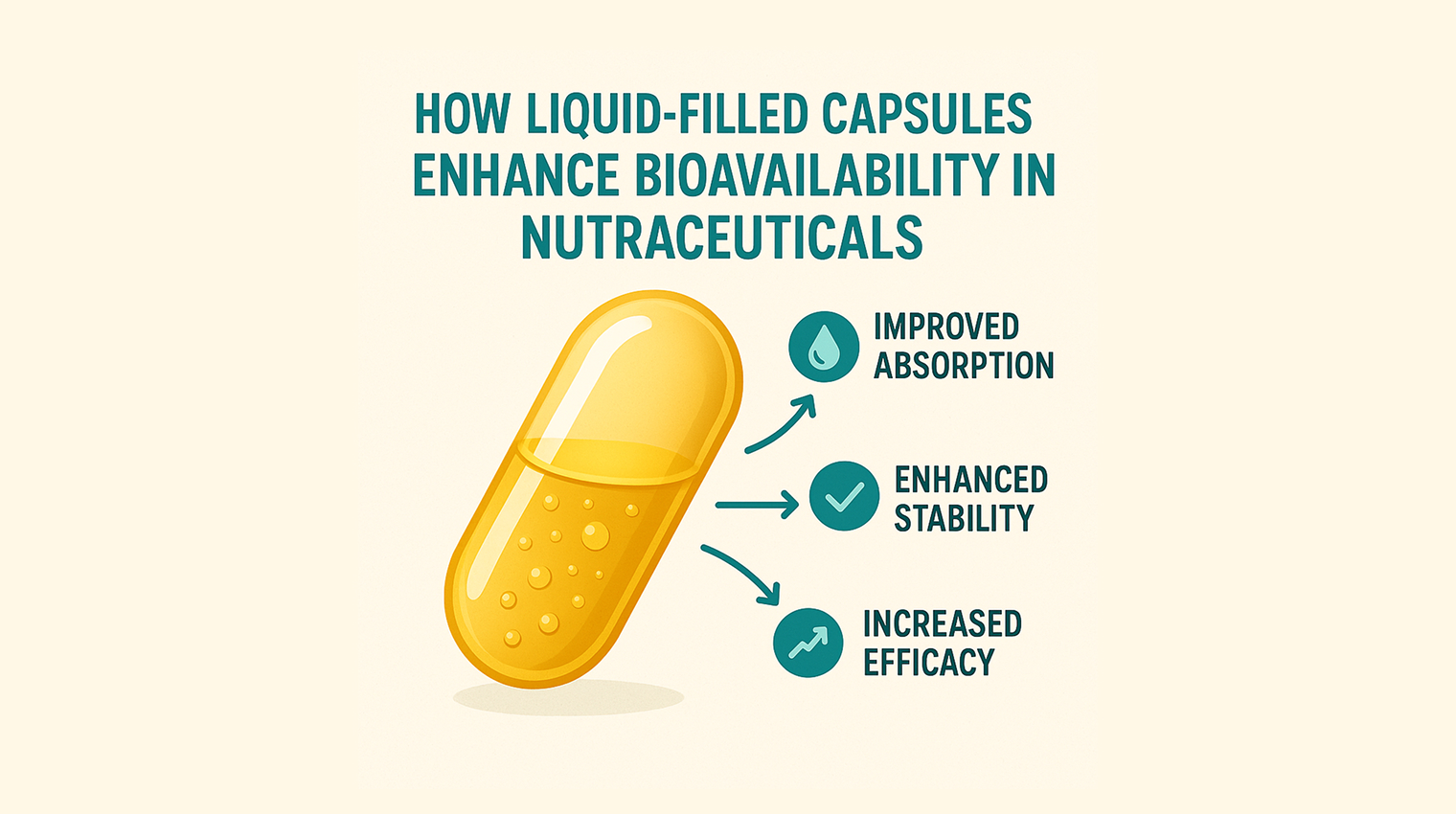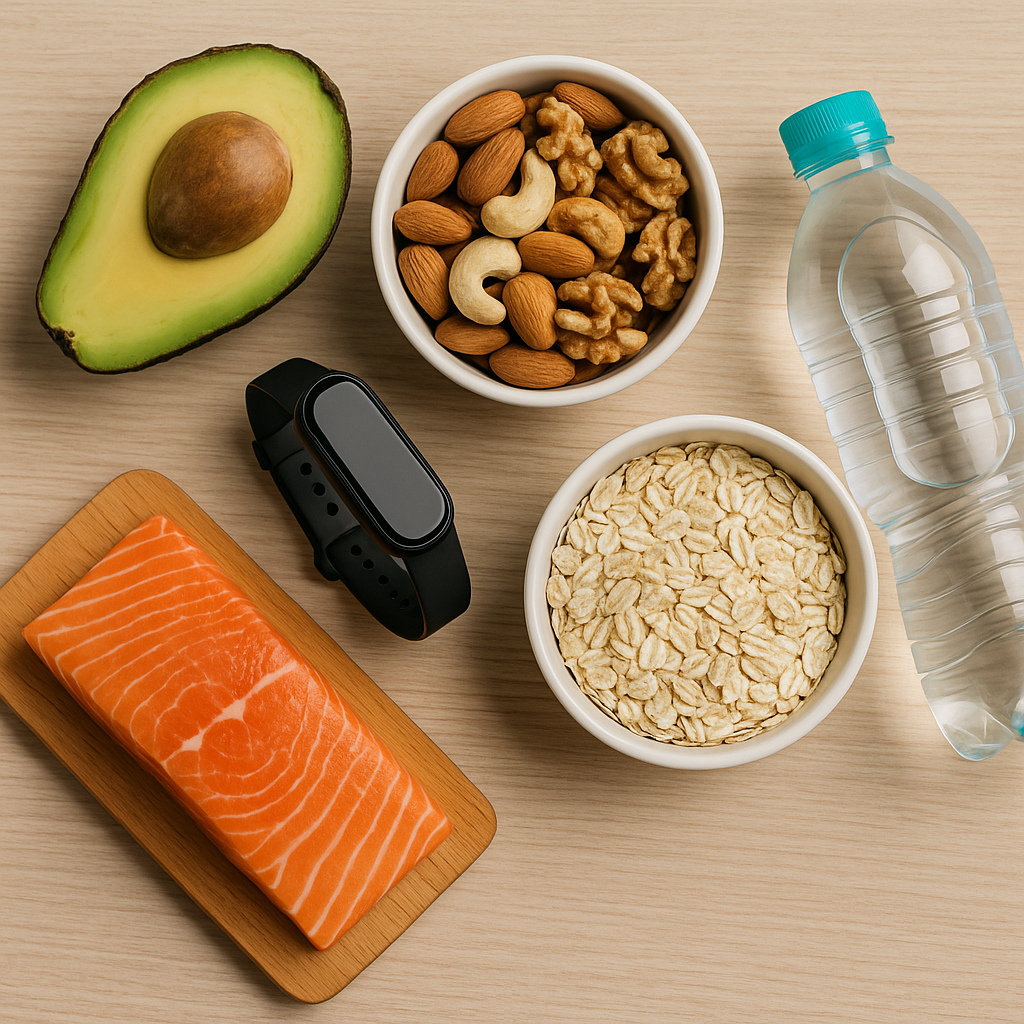With a radical shift among consumers towards sustainability globally, manufacturers of dietary nutraceuticals have now begun to reconsider the ingredients being used to formulate these products. Not only are they gradually moving towards the use of simpler ingredients, but also looking at reducing the use of inactive ingredients especially for those that do not carry any significant nutritional value. In fact, a vast majority of manufacturers are now opting for naturally derived ingredients. However, formulating dietary supplements using natural ingredients may involve several challenges.
Unlike pharmaceutical ingredients which are principally synthetic, natural ingredients used in manufacturing nutraceuticals are diverse, containing multiple components. They may be derived from leaves, barks, roots of trees etc. and therefore are fibrous and non-uniform in nature with marked inconsistencies in their moisture content and other physical parameters. Additionally, these ingredients may not exhibit ideal physicochemical properties (such as high solubility), that are necessary for product formulation. Amidst such formulation challenges, it is crucial to select an appropriate delivery system that does not alter product performance and simultaneously addresses formulation aspects adequately. The advent of liquid filled hard capsules (LFHC) has helped mitigate several of these challenges successfully.
LFHCs are setting a new trend in the pharmaceutical and nutraceutical space. LFHCs are ideal vehicles for filling liquids quite unlike conventional hard capsules that are compatible only with powders or pellets. These capsules are made of gelatin or hydroxy propyl methyl cellulose (HPMC). The LFHC technology involves filling of liquids into the body of hard capsule shells which are locked with a cap and further sealed. This seal (in the form of a band) makes the capsules tamper-proof and durable also serving as an important anti-counterfeiting tool since it is difficult to replicate.
Although liquid filled soft gelatin capsules (softgels) have been around for many years, LFHCs have an edge over them – they are highly versatile and provide sophisticated solutions for a vast range of pharmaceutical and nutraceutical formulation and delivery needs. Unlike conventional hard capsules which are known to be compatible only with powder or pellets or softgels that are packed with liquids, LFHCs can be filled with semi-solids, pastes, gels, tablets, capsules etc. in addition to liquids. These unique drug delivery systems help offer the flexibility of attaining dual release profiles.
LFHCs have proved to be a boon for poorly soluble ingredients which is a severe hindrance in the way of product development. A number of solvents, that are ideal for LFHC technology and possess solubility enhancing properties have been known to improve the solubility of the active ingredient thereby enhancing its bioavailability.
LFHC technology has emerged out to be a promising, highly cost-effective yet simple solution that suitably addresses the multiple physicochemical challenges associated with the use of natural ingredients. Its simplistic and minimal processing helps in rapid development and scale-up which can significantly aid in accelerating the speed to market.



